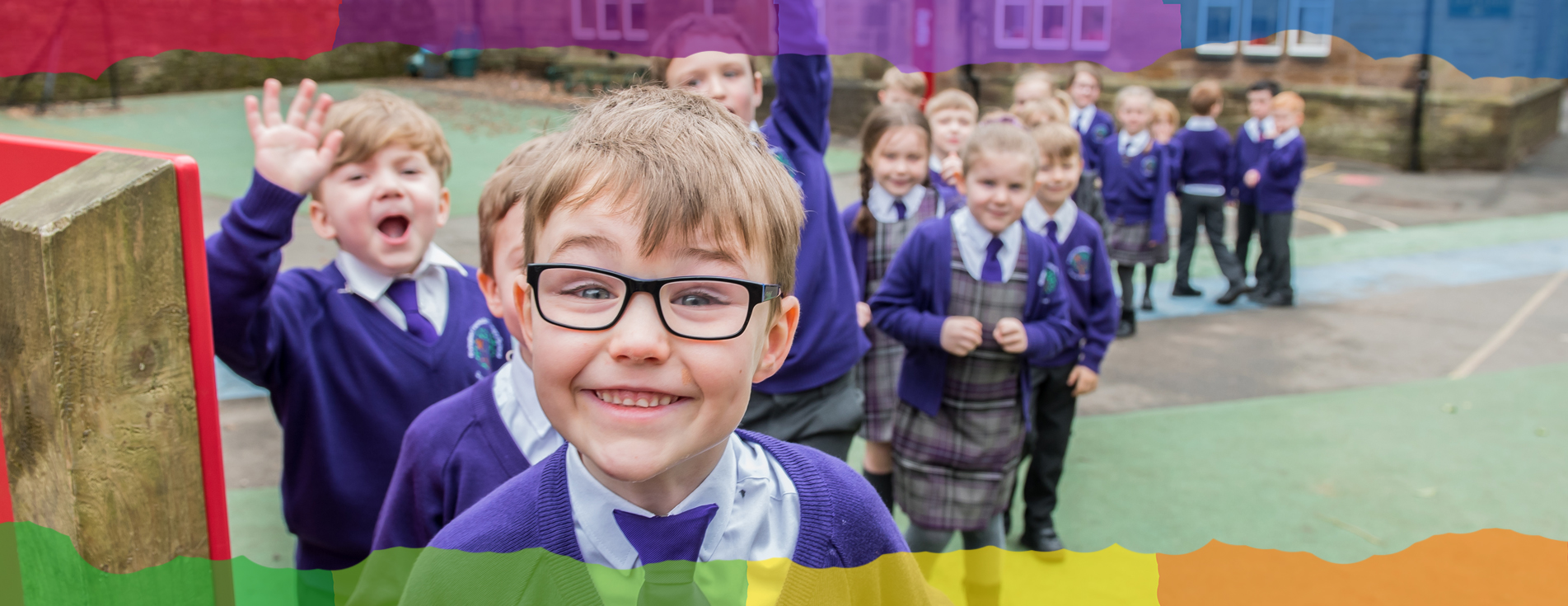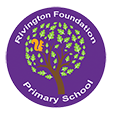
Welcome to Year 1 and 2
What do we do in the Infants?
Reading
We aim to teach the children not only to read, but to enjoy books and to recognise them as being an important part of their lives. Remember, it is not only at school that children read. We provide a wide range of attractive, good quality materials from a variety of sources and by working closely with you at home to help your child achieve their best. We try to give each child a wide experience of different kinds of books at all levels of his or her development. This will include picture books, information books, poetry and plays plus core reading schemes to ensure progression and the learning of key skills.
In Year 1 and 2, we consolidate their phonics using the ‘Letters and Sounds’ scheme and develop other strategies too. We also strengthen their comprehension skills and help them ‘dig’ deeper into their books and look for a more complex understanding.
How can you help at home?
Good readers read at home and a good home/school partnership is crucial to developing early readers. We actively encourage the involvement of parents in working with us, as the children develop their reading expertise. Don’t forget reading includes using shop signs, magazines, internet, cereal packets, road signs, and of course visits to your local library too. Reading stories at home to your child is a very rewarding and valuable experience for both of you.
When reading school books, please make sure that your child reads their reading book, perhaps 3 or 4 times a week, and takes home new ones often. As the children get older they are encouraged to be more independent in changing and choosing their own books from the appropriate levels.
READING AT HOME WITH YOUR CHILD IS THE SINGLE MOST IMPORTANT THING YOU CAN DO
TO IMPROVE THEIR READING.
So read at home most nights of the week. Little and often is best rather than a long burst once a week. The children are rewarded with stickers for reading 3 or more times a week.
5 STEPS TO READING WITH YOUR CHILD
- Find somewhere comfortable and quiet to read.
- Start by asking them about the book so far, or why they chose it?
- Let them read a few pages and ask them questions about it as you go.
- Help them read tricky words by looking at the sounds the words make and blending them together. Try not to just tell them the word.
- Ask them some more questions at the end of a good 10 minute read.
In Year 1 and 2 children begin to develop a variety of strategies to read tricky words and have a large sight vocabulary to use. We also have a strong focus on developing comprehension skills. Here are some examples of questions to ask your child to help with this. They get progressively harder.
What has happened so far? Can you retell the story? What do you think will happen next? Which character has got …..? Where is …..? What are they doing…? Why did the character behave like that? What words would you use to describe the character? What other characters do you know that have also done that? Can you think of other words for….? What does ….. mean? Why did the author use those words?
What did you think of the book? Why?
Writing
What do we do in the Infants?
We encourage the children to become independent writers. As well as teaching handwriting, grammar and punctuation the children are taught spelling strategies too.
In Years 1 and 2 we teach the children to write in a variety of genres including recounts, instructions, explanation texts and reports. The children write stories each term and poetry using a variety of different styles and from different cultures.
By the end of Year 1, most children will be able to write sentences which make sense and are readable. They may also use full stops and capital letters in their work. Words will be spelt using the sounds and they will have a good bank of known words such as ‘like’ and ‘said’.
By the end of Year 2, most children will be able to write a piece of work that conveys meaning. They will write in a clear sequence and give detail, which makes their writing more exciting. They should also write in simple and compound sentences which will include conjunctives such as ‘and’, ‘because’ and ‘but’. Their sentences should have capital letters and full stops most of the time. They will be spelling simple words correctly and they will be making good attempts at longer words. Some children may progress much further and be using paragraphs; varying sentence openings; good punctuation including speech marks, commas and interesting word choices which excites their piece of writing.
How can you help at home?
The key to good early writing is having a rich language to draw from. Reading to your child and giving them a broad range of experiences are the best support you can give to help develop their imagination and writing style. Sometimes writing opportunities crop up simply through everyday events, such as writing shopping lists or the dreaded thank you letters. It is best not to force writing at home in any formal sense but look for opportunities to allow your child to show off their knowledge.
… but what about spellings?
From Year 1 we ask parents/carers to help with the learning of spellings, which are sent home on a regular basis. Don’t worry about correcting spellings in their writing at home too much. If simple words are spelt incorrectly then point it out but the important thing is for your child to enjoy their writing at home.
Maths
What do we do in the Infants?
At Rivington we follow the approach to teaching numeracy recommended by the Lancashire Numeracy Strategy. In Years 1 and 2 there is a greater emphasis on the children formally recording their work and developing strategies of the four key functions of addition, subtraction, multiplication and division; then applying them to real-life problems. The key is to develop a confident sense of number and for them to use a variety of suitable strategies for them. Here is a link to the methods to how:
